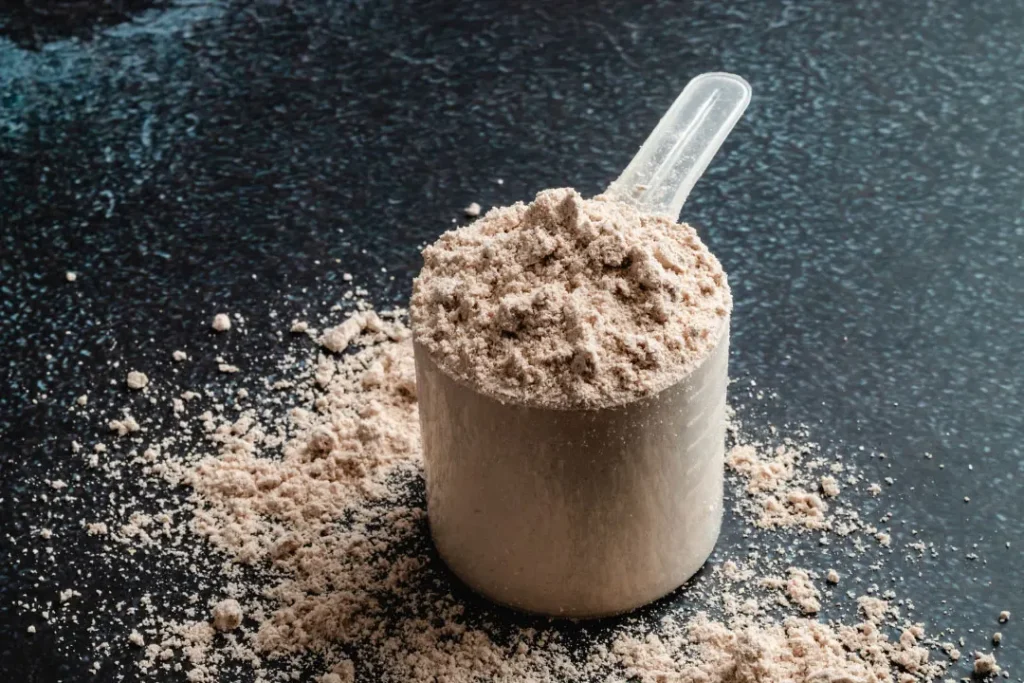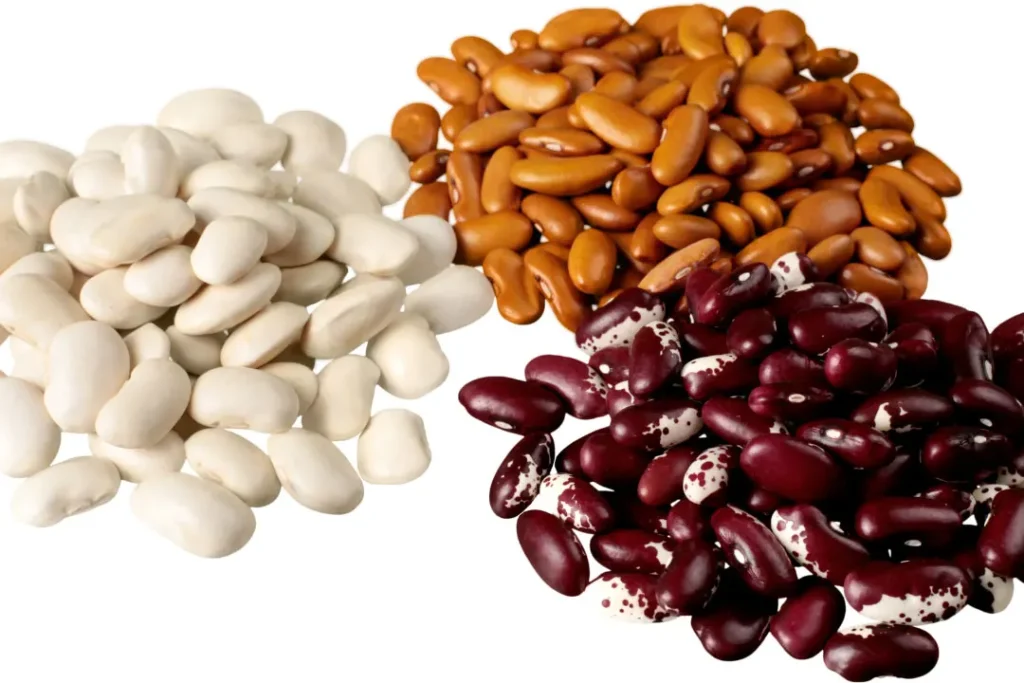It is no secret that weight loss is frustrating and tiresome. Even once it is initially achieved, it can be even harder to maintain that healthy goal weight and nourish a permanent healthy lifestyle in the long term. Healthcare professionals will swear by prescription medications, portion cutting, and hours in the gym. But what if we told you that a simple change in diet could take the weight off, keep you at your ideal weight, and rid your body of all those harmful toxins for good?
Weight loss is a universally stressful experience. Whether you’re trying to lose weight and simply can’t or have lost some weight but are now having trouble keeping it off, maintaining a healthy lifestyle seems increasingly challenging. While many people might assume that exercise is essential to reaching a healthy goal weight—and undoubtedly, daily movement is necessary—diet plays an even more critical role in building weight-loss momentum.
The type of diet you choose is, unsurprisingly, paramount. One type of diet that’s gained traction in recent decades is the plant-based diet, which involves—you guessed it—eating a diet grounded in plants. For dedicated carnivores, making the switch to a wholly plant-based diet can seem like a daunting task. Eating primarily whole, unprocessed foods that come directly from plants sounds restrictive. However, adopting a plant-based diet can yield many life-changing benefits, and there’s a wide world of foods to enjoy.
While meat, poultry, seafood, and other animal products, including eggs and dairy, are generally limited under plant-based diets, it’s a common misconception that all plant-based diets require the complete elimination of animal products; some people may choose to go vegan or vegetarian, but it’s not a one-size-fits-all approach. Any plant-based diet focuses on whole grains, legumes, vegetables, fruits, nuts, seeds, and various plant oils (think olive, avocado, and the like). These foods are minimally processed, eliminating potentially harmful chemicals or additives that can result in dangerous consequences, including diabetes, obesity, heart disease, and more.
You May Also Like:
Is a Plant-Based Diet Right for You? Ask Yourself These Questions.
Blood Sugar Balance Supplements: Natural Ingredients for Better Blood Sugar Control
Plant-Based Dieting for Weight Loss: Introducing Organic Lifestyle Changes and Ridding Your Body of Harmful Toxins is an original (PlantBasedHealthNews) article.
Should you go plant-based?
So, who would benefit from such a diet? Almost anyone can reap the rewards of consuming more plants and their byproducts. If you are already healthy, you may find that a plant-based diet gives you far more energy or helps you achieve a specific fitness goal. If you’re struggling with high cholesterol or high blood pressure, have a family history of heart disease or diabetes, or simply want to lose weight, a plant-based diet might just help you reach these goals more quickly.

Going plant-based for weight loss
Plant-based foods are rich in vitamins, dietary fiber, minerals, and antioxidants while low in calories, saturated fats, and cholesterol. These factors combined lead to a healthier you—your body needs a complex array of proteins, nutrients, vitamins, calcium, and other essential components to function at its best. A plant-based diet can give you these in spades. That’s how a plant-based diet can prevent, manage, or reverse a disease like diabetes; for example, all the foods under its umbrella can improve insulin function, lower weight, and help cells regulate blood sugar.
For weight loss, the increased fiber afforded by a plant-based diet helps you feel fuller for longer without packing on heaps of additional calories. If you’re entirely plant-based and forego any animal products, you’re also eliminating a considerable amount of fat from your daily diet, which may lead to significant weight-loss wins over time. To break it down, 1 gram of fat from beef, fish, or oil has 9 calories, whereas 1 gram of carbohydrate from potatoes, bread, or beans has just 4 calories.

Plant-based diets reduce inflammation
A plant-based diet can also reduce inflammation in the body. No matter where you live, you’re likely subjected to a daily bevy of airborne toxins, bacteria, and free radicals. While specific preventative steps can be taken on a skin-deep level, a diet heavy in or wholly based on plants can work within your body on a cellular level to stop inflammation from taking root. For this reason, plant-based diets are often recommended for protection against diseases such as cancer or arthritis, as they can block some of the initial triggers of inflammation.
Lower levels of inflammation have been directly tied to healthier body weight, especially for those who suffer from chronic inflammation. When inflammation lingers and builds over time—and a major disease does not cause it—it’s likely a result of stress, environmental toxins, alcohol consumption, smoking, or poor diet. Chronic inflammation negatively affects the body’s ability to regulate insulin production, leading to higher glucose levels and liver fat accumulation. This excess fat impairs insulin production, ultimately leading to weight gain. Inflammation and any resultant weight gain also cause an imbalance of the hormone leptin, which controls appetite and metabolism.
Make sure the nutrition is whole
If you do end up pursuing a plant-based diet that skews either vegan or vegetarian, you should understand that your sources of protein will likely be more limited than they were before. Meat and animal byproducts like dairy are protein powerhouses and provide crucial fuel for the body. To ensure your nutrition stays top-notch, adding alternative protein sources is necessary. Luckily, protein supplements are widely available based on the influx of science and the heightened number of people turning to plant-based diets.

A superfood supplement that fuels plant-based living
One such company making a wide range of plant-based protein supplements is Healthy Truth. Among Healthy Truth’s products is the Organic Strawberry Plant-Based Protein Powder, which packs 22 grams of protein per serving. The powder contains a proprietary blend of brown rice protein, pea protein, and sacha inchi protein, as well as an adaptogen and prebiotic blend of ashwagandha, maca, and inulin. The adaptogens and prebiotics help the body cope with stress, boost endurance, and boost the body’s fiber content.
Another product, the Go Gold Blueberry Pomegranate Recovery Blend, is an ideal product for those looking to tackle inflammation. “I wanted to create something clean as can be,” says founder and chief creative officer Bruce Namenson, who’s been on a plant-based diet for seven years. “The Go Gold rids your body of inflammation, and it’s a natural way to rid your body of inflammation, unlike taking a pill.” He points to Go Gold’s turmeric and curcumin blend as the key anti-inflammatory powerhouse. In addition to various protein powders, Healthy Truth offers a variety of protein bars, superfood snacks, and nuts, all of which can help fuel those adhering to a plant-based diet.
Healthy Truth is also dedicated to providing organic products for its consumers—its protein powders are free from artificial colors and preservatives, and all its products are sustainably sourced. Bolstering Healthy Truth’s wares are its impressive roster of clients, which includes around 20 professional sports teams and athletes, who use their products to limit game day inflammation.
For healthy living, consider going plant-based
A plant-based diet certainly isn’t for everyone, but its many benefits are irrefutable, with additional studies mounting. If you’re gunning for weight loss, a plant-based diet can be a great place to start or otherwise serve as a powerful augmentation to an existing exercise routine. A healthier, maintainable weight is a fruit, vegetable, grain, legume, or nut away.

For further reading:
Harvard Health: What is a plant-based diet and why should you try it?
U.S. News: 12 Health Benefits of a Plant-Based Diet
LIVESCIENCE: How to follow a plant-based diet for weight loss
Important Note: The information contained in this article is for general informational purposes only, and should not be construed as health or medical advice, nor is it intended to diagnose, prevent, treat, or cure any disease or health condition. Before embarking on any diet, fitness regimen, or program of nutritional supplementation, it is advisable to consult your healthcare professional in order to determine its safety and probable efficacy in terms of your individual state of health.
Regarding Nutritional Supplements Or Other Non-Prescription Health Products: If any nutritional supplements or other non-prescription health products are mentioned in the foregoing article, any claims or statements made about them have not been evaluated by the U.S. Food and Drug Administration, and such nutritional supplements or other health products are not intended to diagnose, treat, cure, or prevent any disease.
